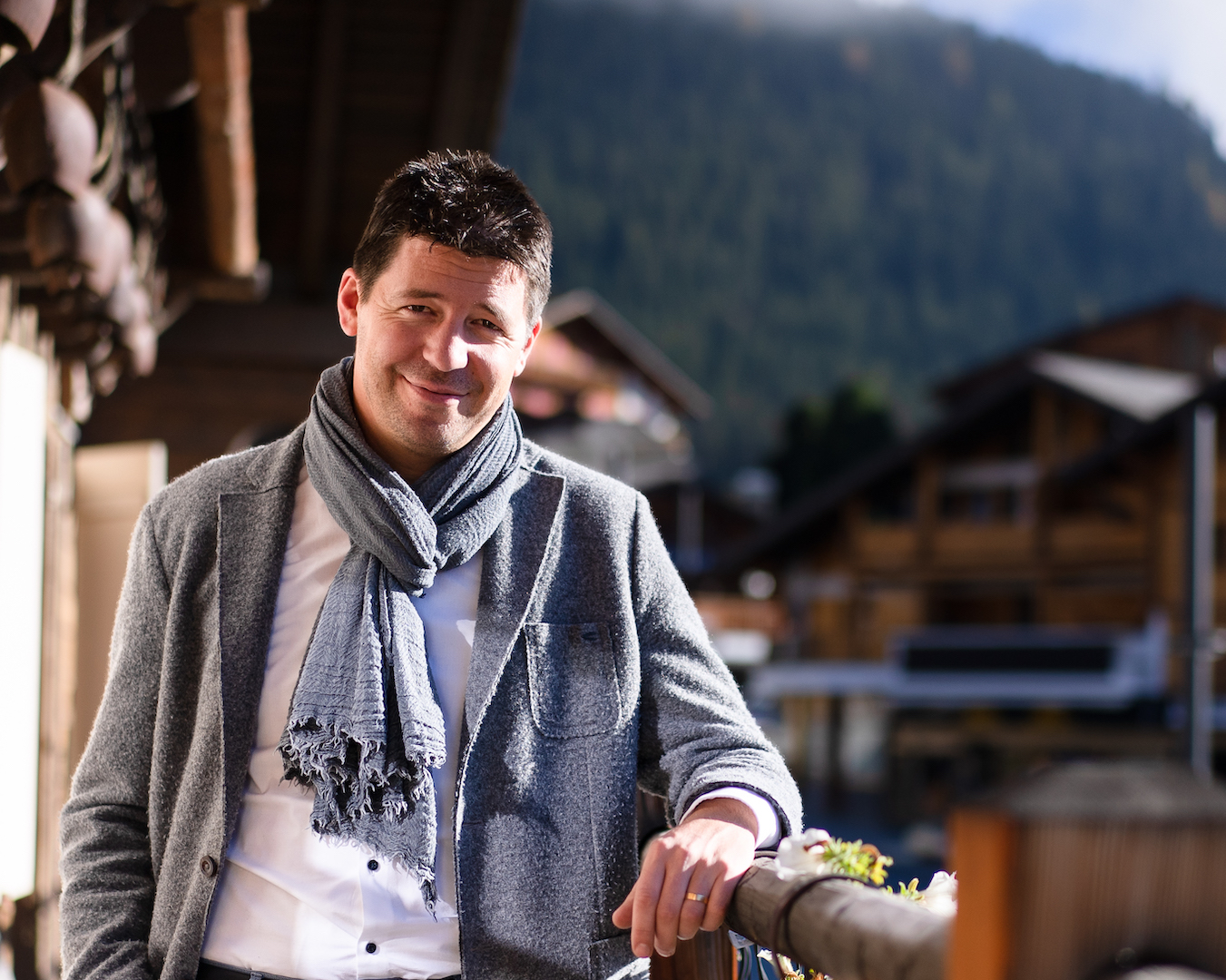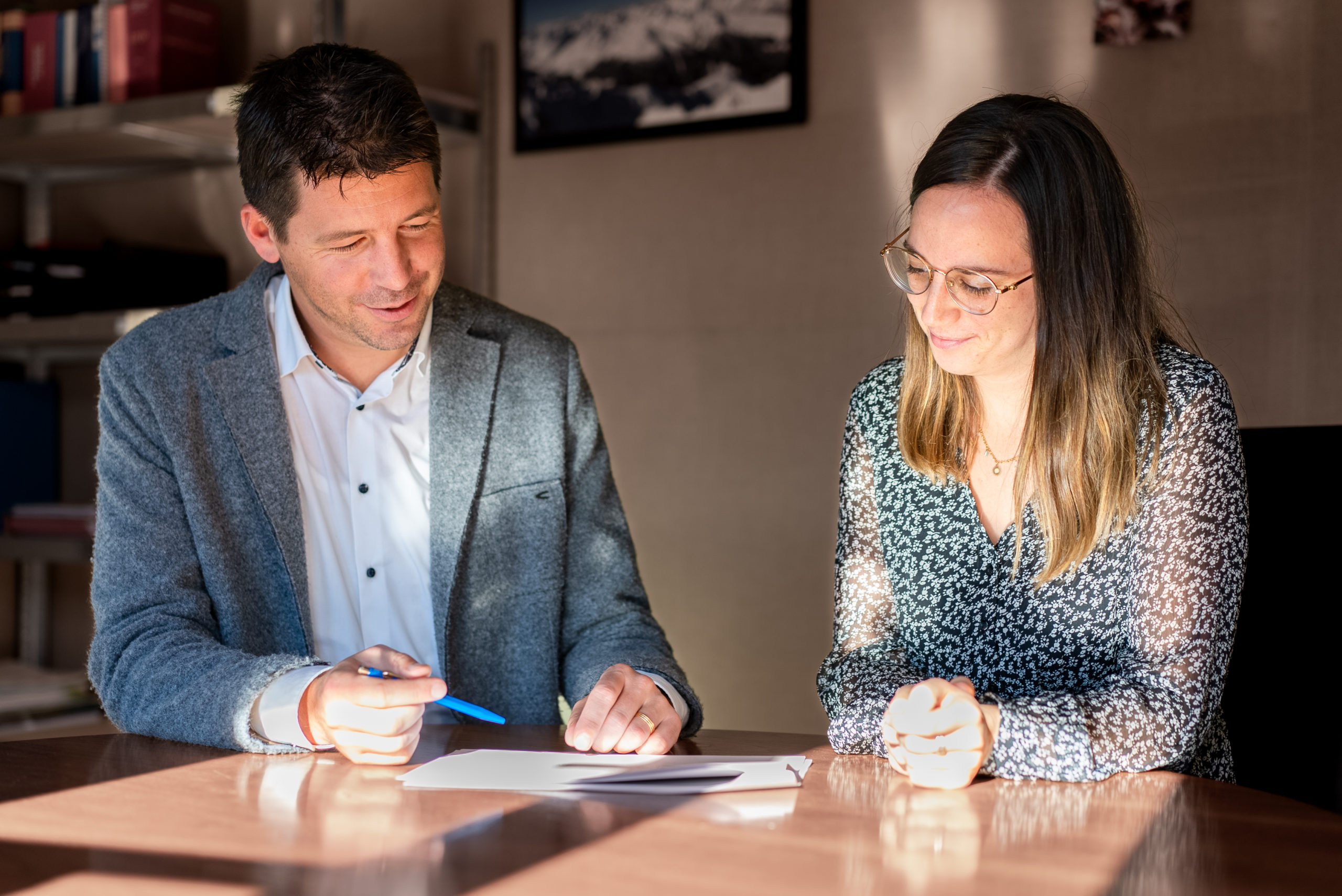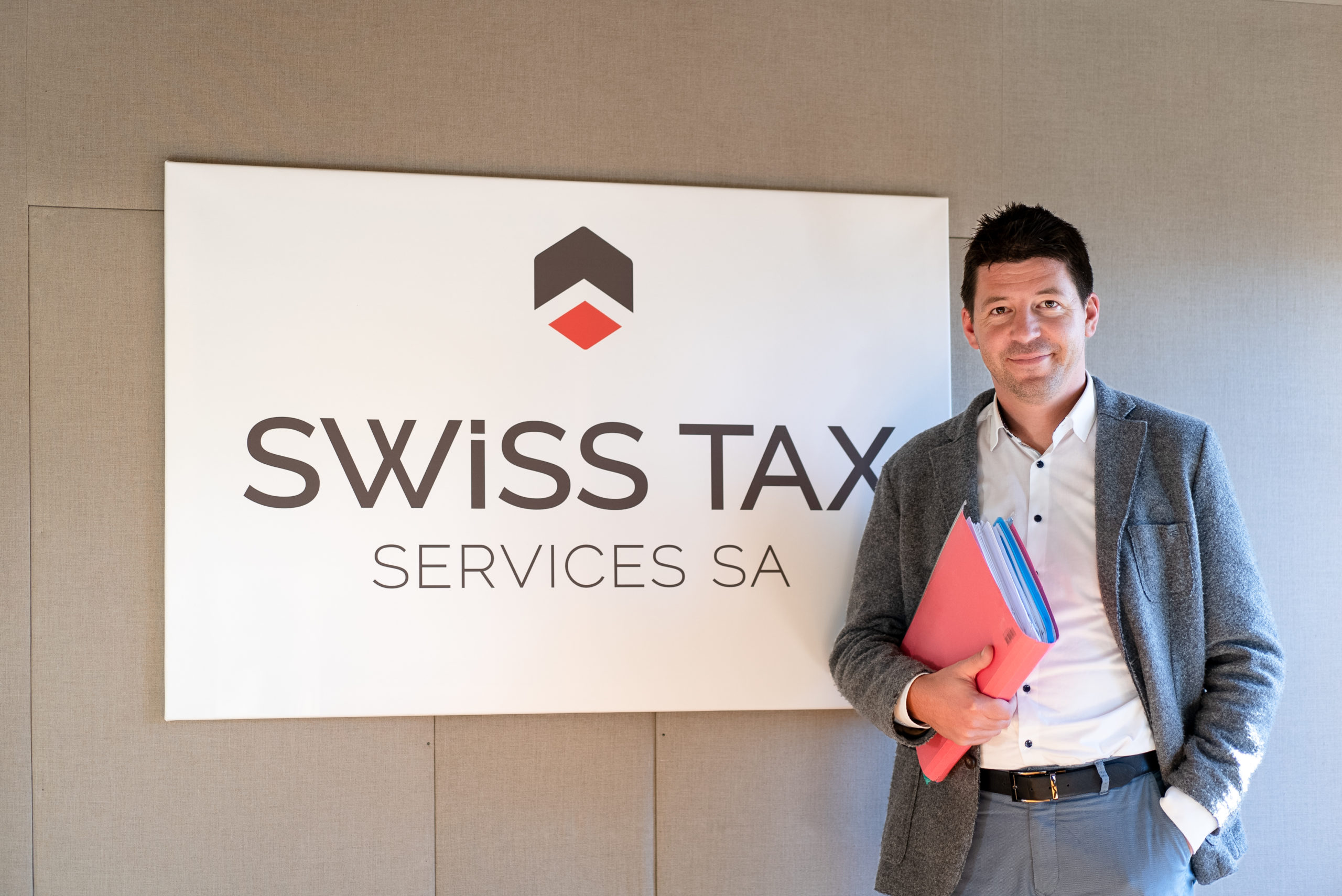Faced with the growing complexity of the field, the use of a qualified tax expert is often necessary. Founder of Swiss Tax Services SA, Louis Tornay offers personalized and specialized support.

What is your definition of the tax profession?
Once, I asked one of my children, who was 4 and a half at the time, if he knew my work. He replied: “your job is to make the taxes not too big”. I then asked him if he knew what a tax was. He replied: “money”.
This is a very simplified, but quite telling, way of explaining the role of a tax specialist. As much as possible, his/her role is to reduce the clients’ tax bill. But the environment may vary. When I worked with the tax authority, the point of view was different since it was a question of verifying the accuracy of the information presented, with regard to the various tax laws.
What skills should a tax professional have?
To respond to the diversity and complexity of tax issues, you must first acquire solid technical knowledge, which the federal diploma of tax expert validates. But this is not enough as the practitioner is regularly confronted with changes in laws or case law. This requires regular ongoing training to keep up to date.
More broadly, a tax specialist must have solid notions of law, economics and finance, to understand the specific issues of his clients. In Verbier, the international component is also an important factor.

When does a tax expert intervene in real estate matters?
The expert may be required to intervene at each stage, namely at the purchase, during the period of ownership and during the sale.
At the time of purchase of a property and in addition to transfer duties, the question of tax liability will also arise for non-residents. In the event of a sale, capital gains tax will be levied, unless the client is a (quasi-) real estate professional. On this point, the tax authorities are becoming more and more severe!
For an owner, the addition of the rental value can give rise to a tax increase. This fictitious income is added to the effective income, corresponding to the sum that the owner could obtain if he rented his property. However, this theoretical yield opens up very interesting ways of tax optimization, in particular via deductions for maintenance costs and energy savings. This is an essential point to be addressed.
Are there sometimes issues at the level of tax domicile?
Yes, I must first say that this question arises more and more frequently. In Swiss domestic law, at the intercantonal level, our neighbours do not hesitate to question certain tax residences. At the international level, countries are also increasingly vigilant.
Let’s take the example of a foreigner who settles in Verbier: he will legally have to pay tax on all of his fortune and his worldwide income, which raises many questions. What if the customer still owns real estate in his country of origin, if he still has a remunerated activity, if he receives dividends, if he receives pensions, etc. The taxation of these incomes is governed by agreements signed between Switzerland and the country concerned.
But, above all, it is a question of defining the tax domicile of the person in question, which is based on a set of circumstances. Tax laws define rules and the customer is above all increasingly monitored by foreign administrations, if his tax domicile is subject to question.
Have you noticed an increase in permanent residents in Verbier?
Yes, I think Covid has accelerated this trend, due to the quality of life and all that Verbier has to offer. In addition, political, economic and financial uncertainties in several countries in Europe are causing people to think about a possible change of residence.
Finally, taxation on expenditure (flat rate tax) – even if it has been tightened in recent years – can promote this interest, the attraction being real for the people concerned.

As an individual or a company, why use a tax specialist?
I will answer with a question: why deprive yourself of financial savings, if they are possible? Each person, each legal entity must consider their tax challenge. Tax law is not an exact science. The interpretation, the evaluation and the angle of analysis can lead to very different decisions, which are not possible to imagine from the outside.
An individual will nevertheless have a margin of action generally lower, but no less interesting. On the contrary, a self-employed person or a company will have more possibilities, because the tax will notably depend on their financial statements.
Ultimately, the use of a specialist can either confirm the correctness of the situation or indicate the issues and risks to be taken into account.
What do you particularly like in Verbier?
The diversity of people who bring their professional experience, their personal experience and their point of view. Sharing is always very interesting. Otherwise, I would say the range of facilities, especially at the sporting and cultural level. The setting and the variety of the seasons, which are all equally beautiful, are exceptional. In fact, many clients tell me how incredibly lucky we are to live in such an environment.
I admit that snowy winters are my favourite! The ski area is superb. You can also go hiking in huge areas. And why not add in a level of gastronomic and hotel pleasure?
A tax analysis of the issues – often hidden – could make it possible to reduce taxes and thus enable taking increased advantage of the opportunities offered by our beautiful region.

